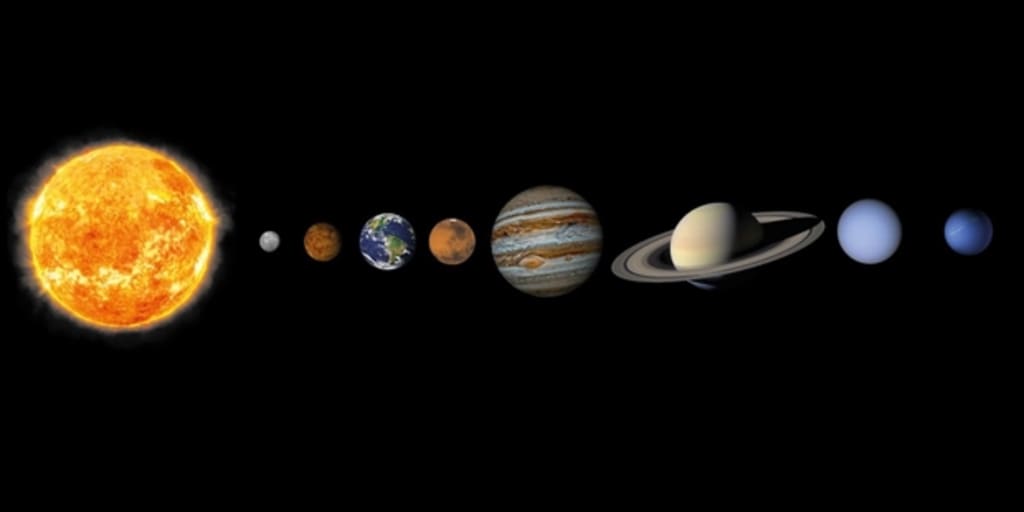
The study of planets has fascinated humans for centuries. From the time of the ancient Greeks to the modern era of space exploration, we have sought to understand the mysteries of our solar system and the universe beyond. In this article, we will explore some of the key concepts related to planets and their study.
A planet is a celestial body that orbits a star and is massive enough to have a spherical shape. The eight planets in our solar system are Mercury, Venus, Earth, Mars, Jupiter, Saturn, Uranus, and Neptune. Each planet has unique characteristics such as size, composition, atmosphere, and distance from the sun.
The study of planets is known as planetary science, and it encompasses a wide range of disciplines such as astronomy, geology, atmospheric science, and astrobiology. Scientists use a variety of techniques to study planets, including telescopes, spacecraft, and rovers.
One of the primary goals of planetary science is to understand how planets form and evolve over time. According to the most widely accepted theory, planets form from a disk of gas and dust that surrounds a young star. Over time, the dust particles clump together to form larger and larger objects, eventually becoming protoplanets. These protoplanets then collide and merge to form the planets we see today.
Planetary science also seeks to understand the various geological processes that shape and transform planets. For example, Earth's tectonic plates move and collide, causing earthquakes, volcanoes, and the formation of mountains. Mars has a massive volcano called Olympus Mons, which is the largest volcano in the solar system. Jupiter's moon Io is the most volcanically active body in the solar system, with over 400 active volcanoes.
Another important aspect of planetary science is the study of planetary atmospheres. The atmosphere of a planet can tell us a great deal about its climate, weather patterns, and the potential for life. For example, Venus has a thick atmosphere composed mainly of carbon dioxide, which creates a runaway greenhouse effect that makes the planet incredibly hot. In contrast, Mars has a thin atmosphere composed mainly of carbon dioxide, which makes the planet cold and dry.
The study of planets also has implications for the search for life beyond Earth. Scientists are particularly interested in planets that are in the habitable zone, which is the range of distances from a star where liquid water can exist on the surface. Liquid water is essential for life as we know it, so the presence of water on a planet is a strong indicator of its potential habitability. In recent years, astronomers have discovered thousands of exoplanets (planets outside our solar system), many of which are located in the habitable zone.
Planetary science also has practical applications in areas such as space exploration and resource utilization. For example, the study of planetary geology can help us understand the composition and structure of other planets and moons, which is essential for planning and executing robotic and human missions to explore them. The study of the atmospheres of other planets can also inform our efforts to develop technologies for air and space travel.
One of the most exciting developments in planetary science in recent years has been the discovery of exoplanets. Since the first exoplanet was discovered in 1995, astronomers have found thousands of planets outside our solar system, and the pace of discovery continues to accelerate. Many of these exoplanets are very different from the planets in our own solar system, and their study is challenging many of our assumptions about how planets form and evolve.
The search for exoplanets has also revealed the existence of many planetary systems that are very different from our own. Some exoplanets orbit two or more stars, while others are located in highly elliptical orbits that take them far from their parent star before bringing them





Comments
There are no comments for this story
Be the first to respond and start the conversation.